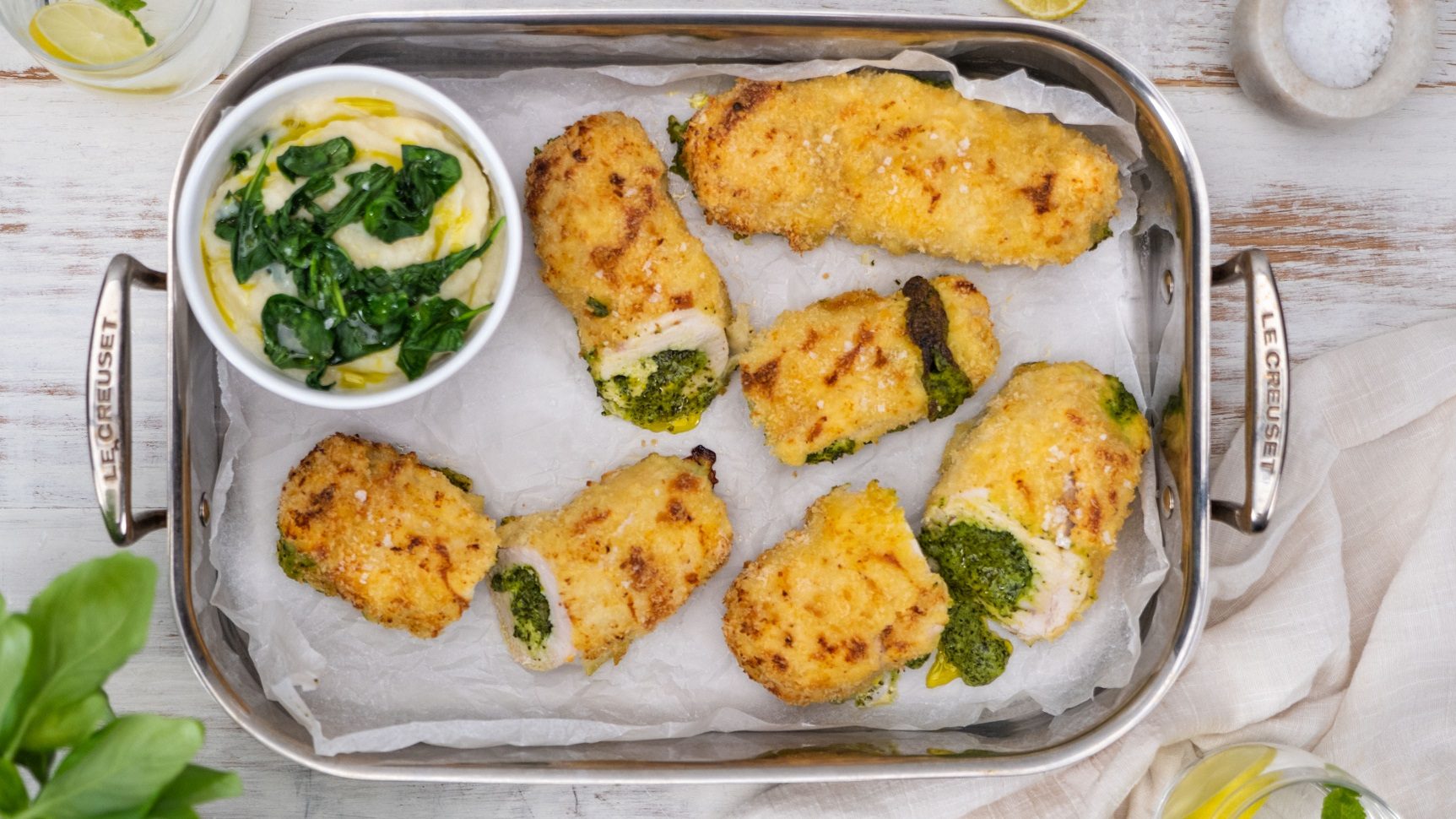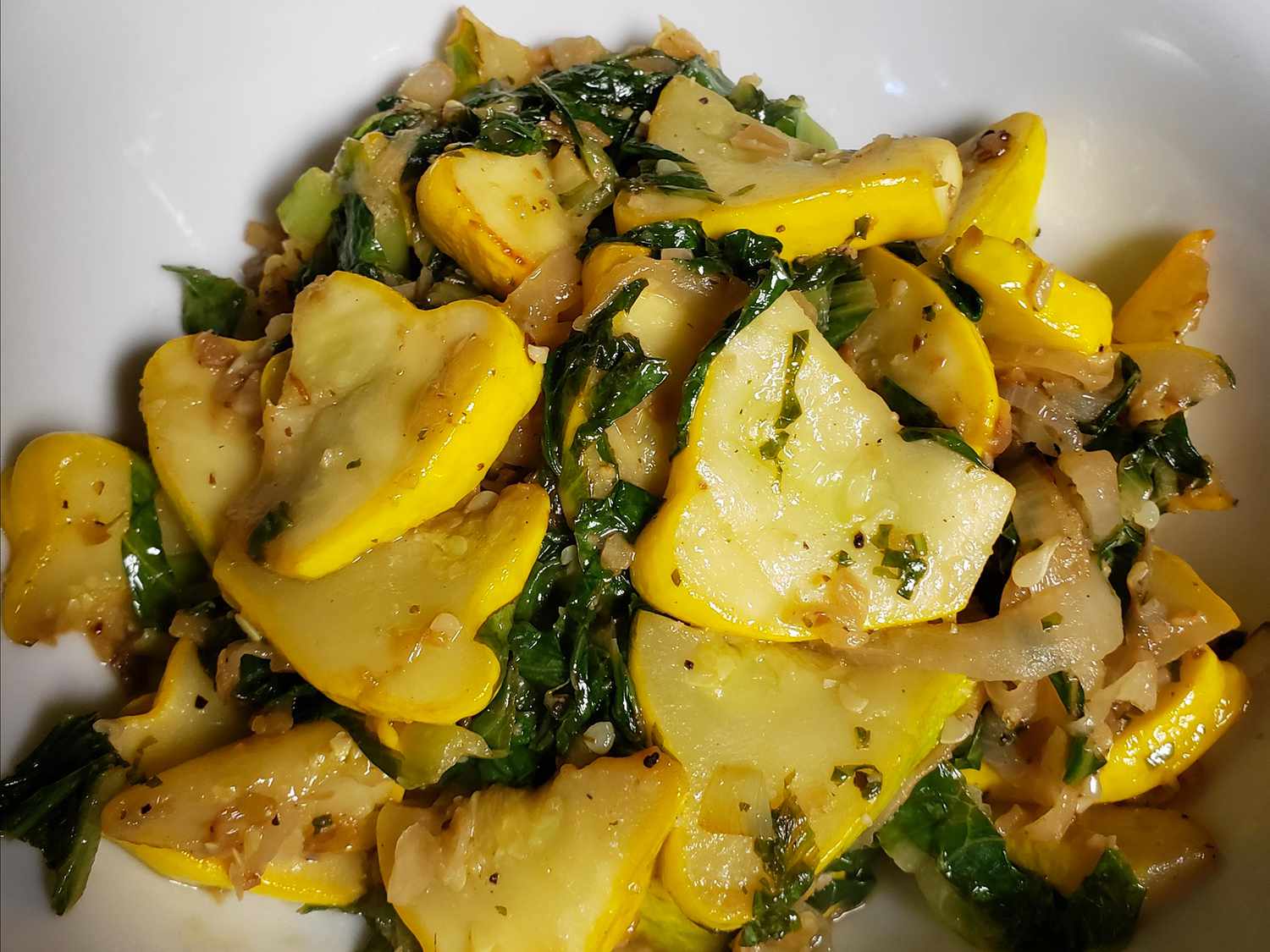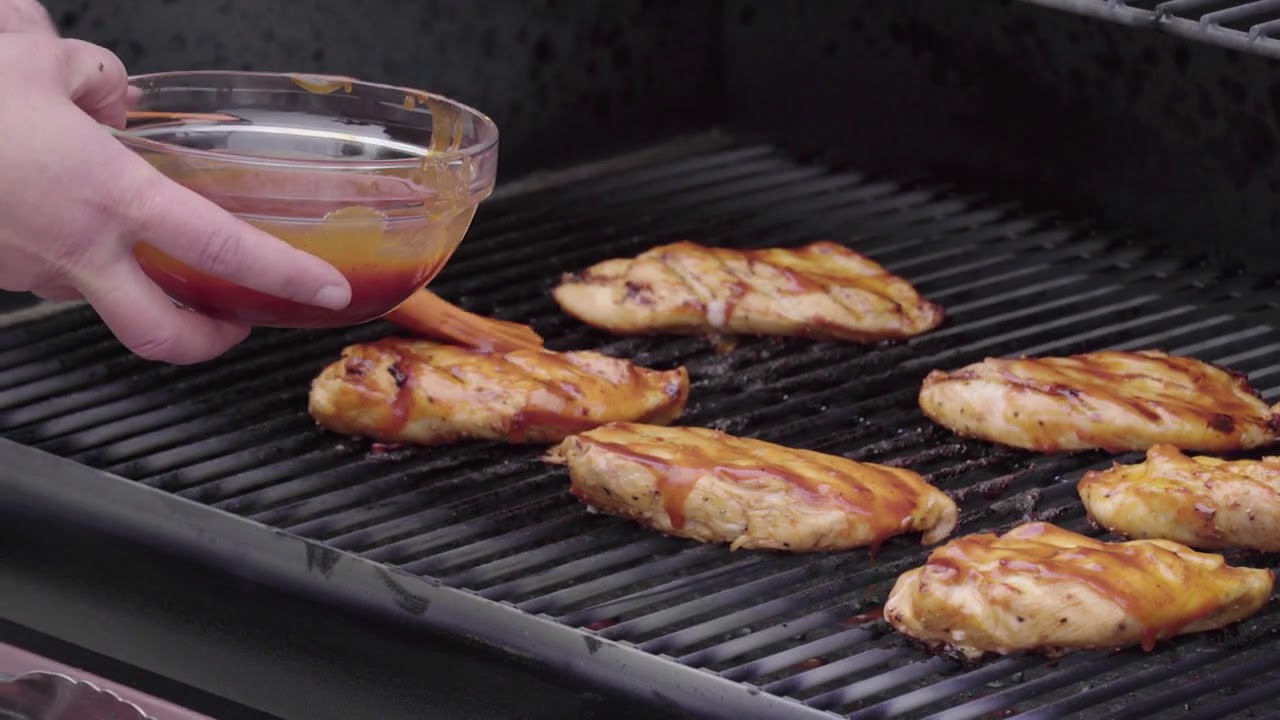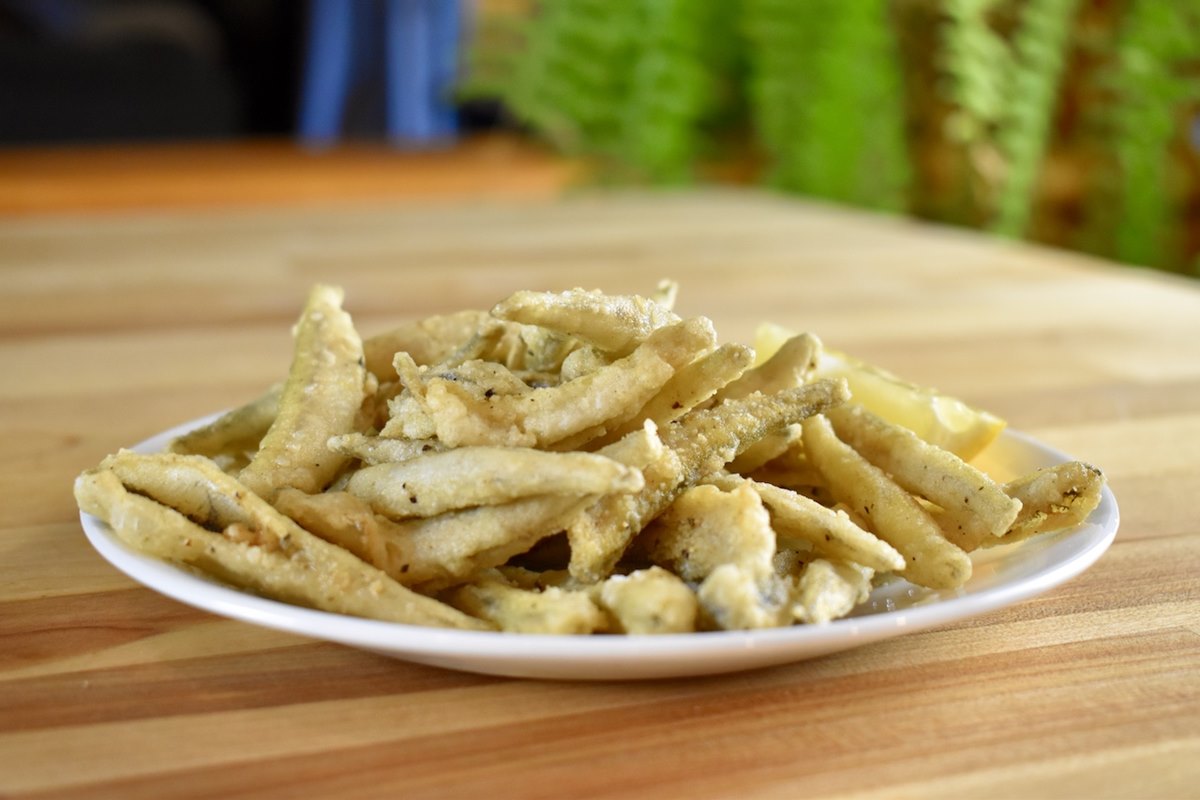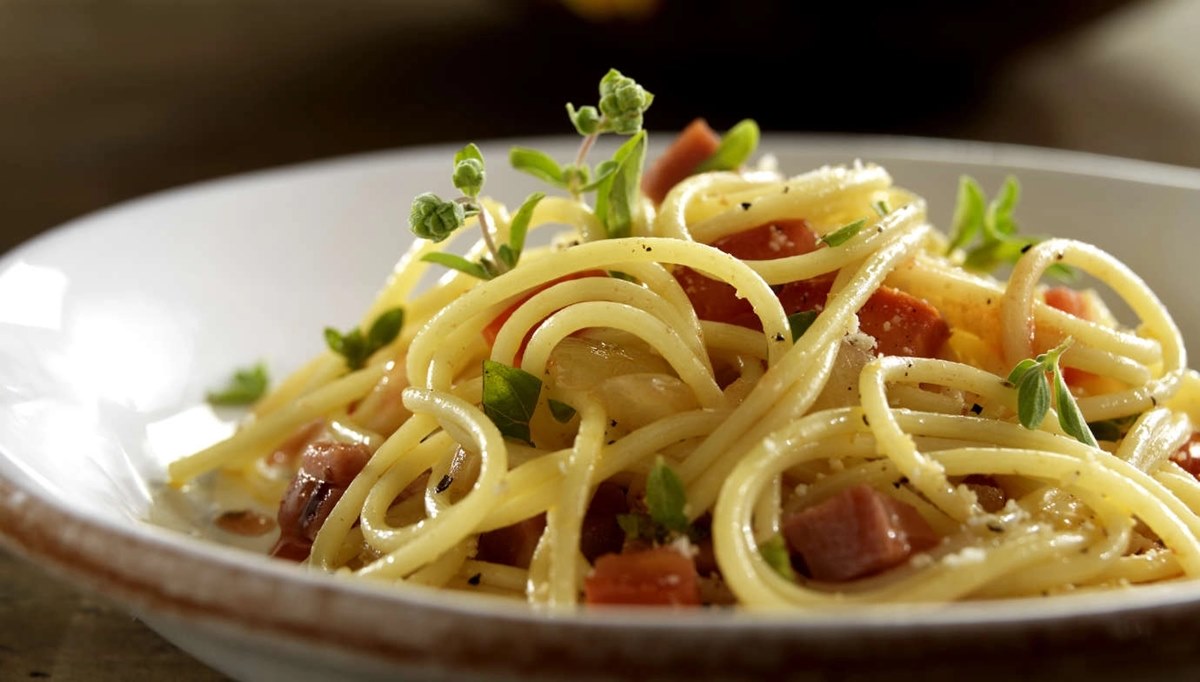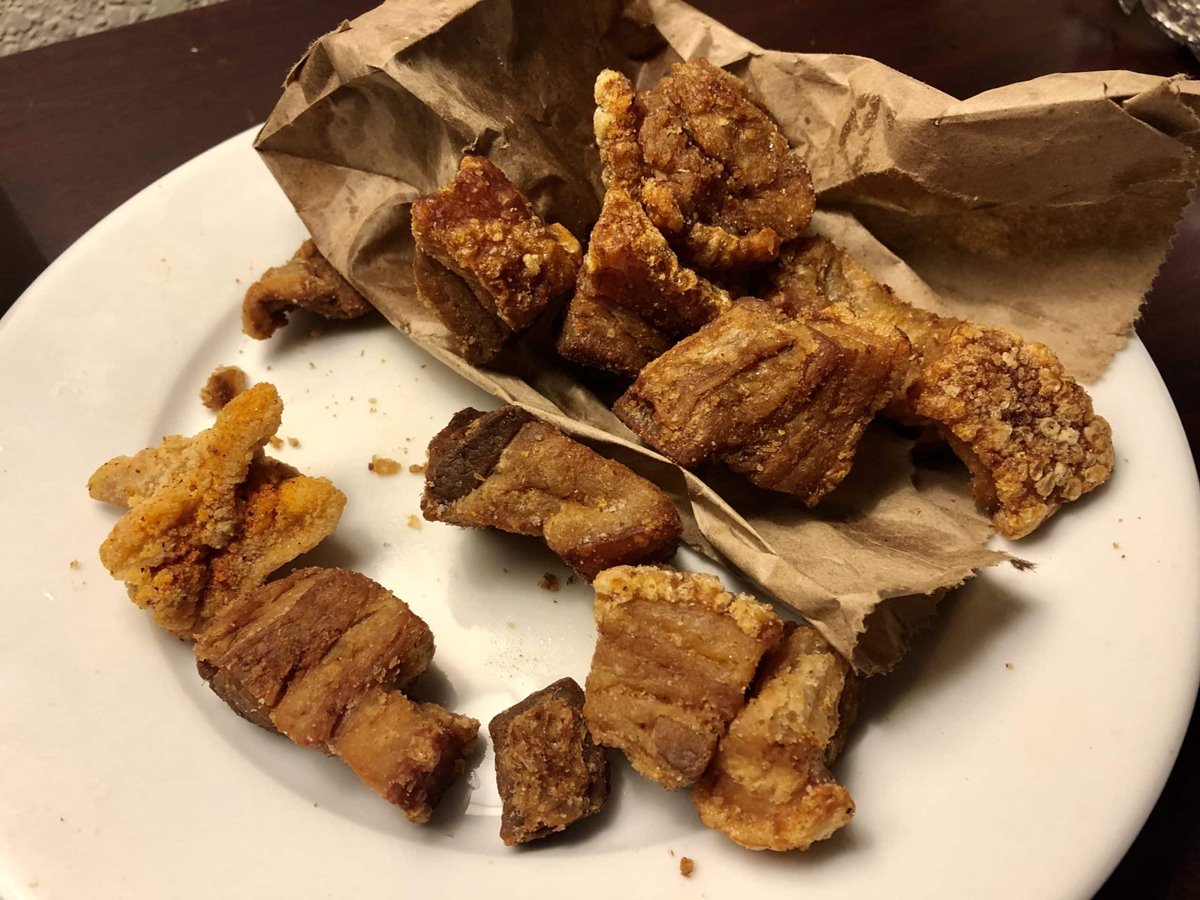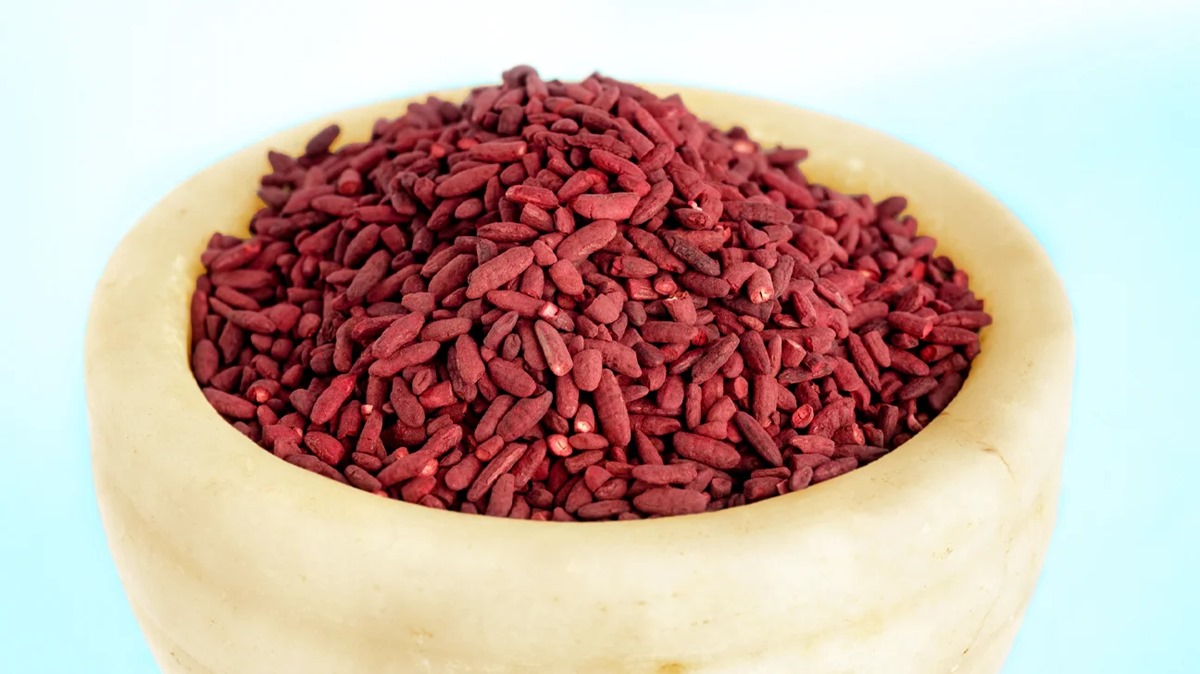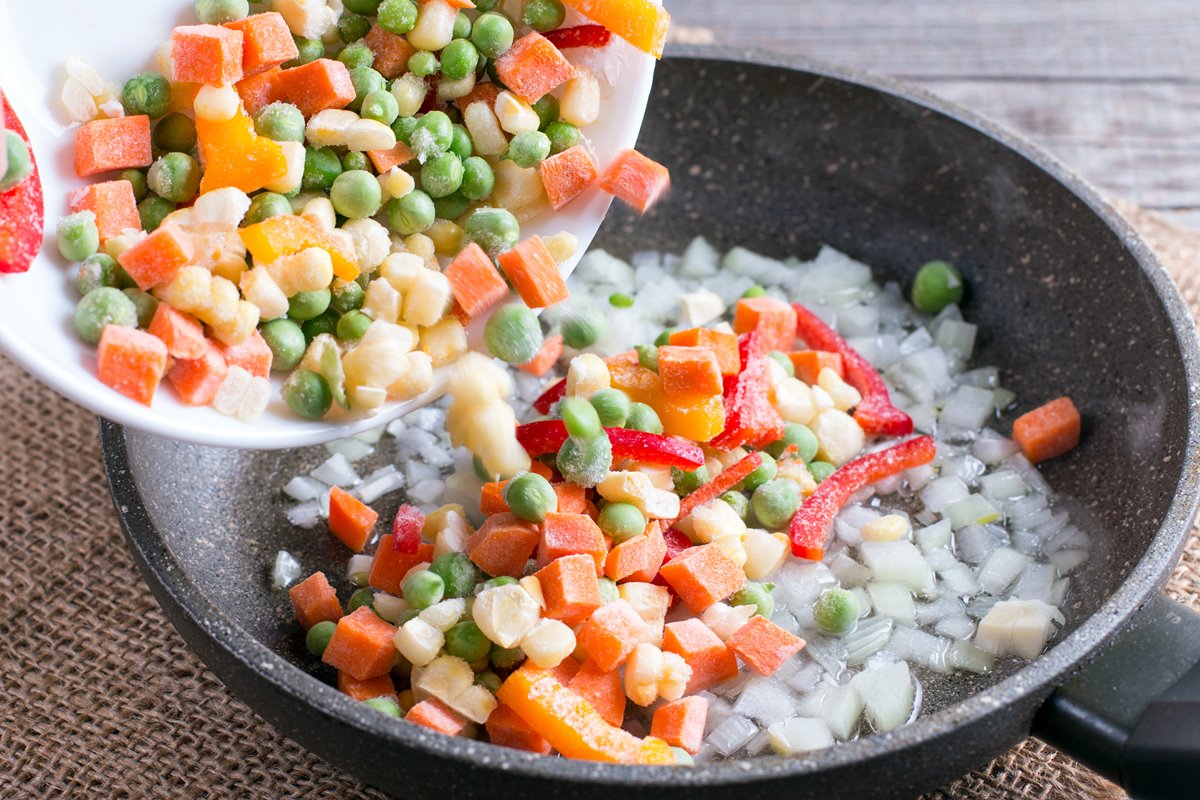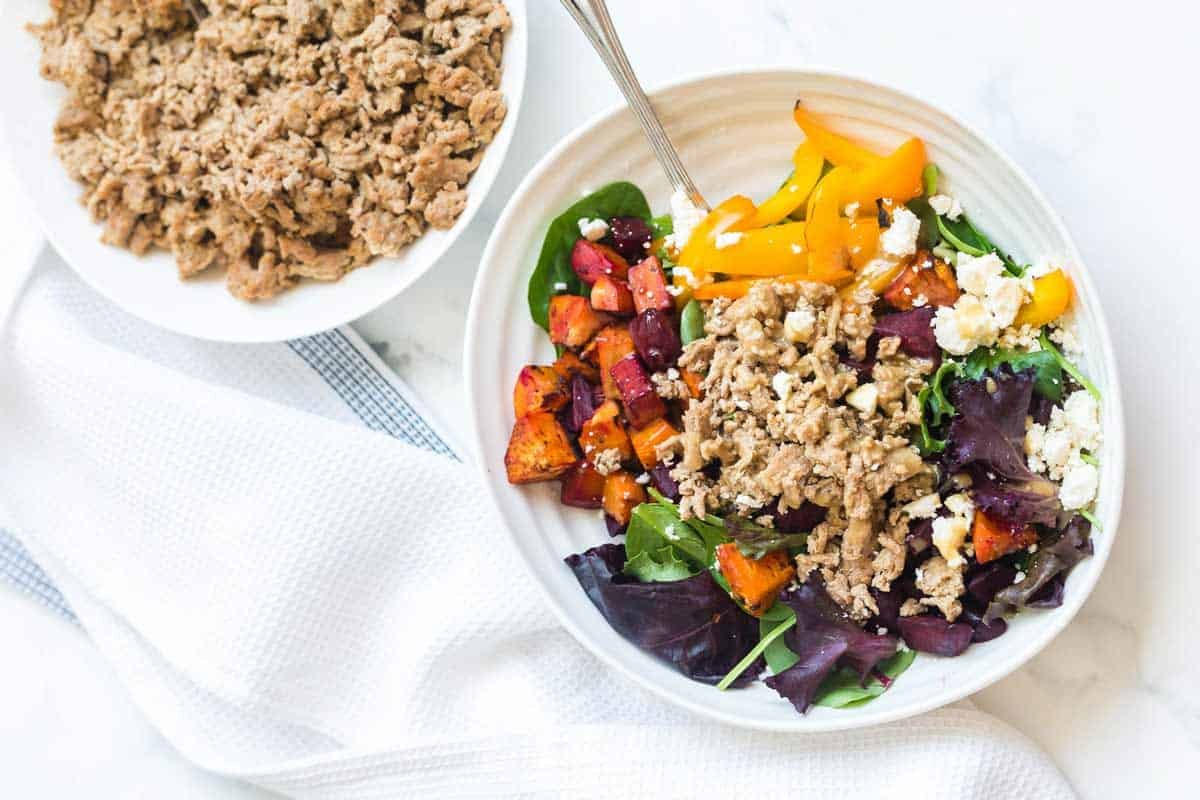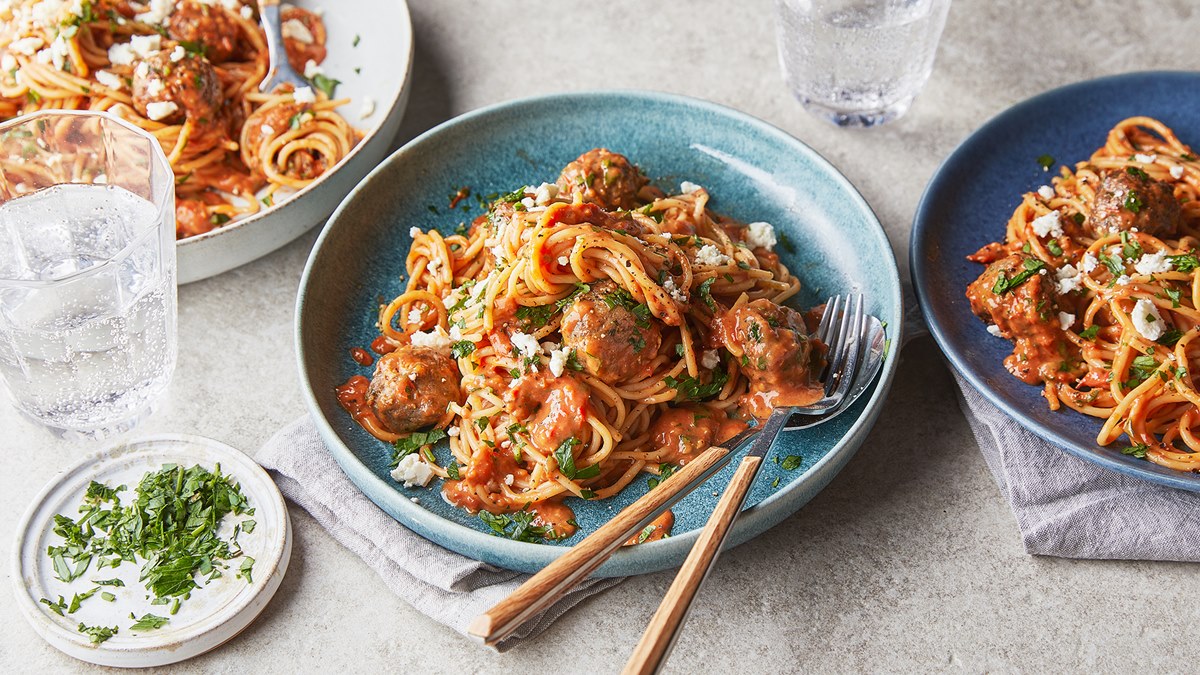Unlocking Deliciousness: Cooking Eggs Without Oil or Butter
Eggs are a versatile and nutritious ingredient that can be enjoyed in various forms, making them a popular choice for breakfast and beyond. While many traditional egg recipes call for oil or butter to add flavor and prevent sticking, you can still create mouthwatering egg dishes without these ingredients. In this article, we will explore alternative cooking methods that allow you to enjoy delicious eggs while avoiding oil or butter.
1. Non-Stick Cooking Spray
A non-stick cooking spray can be an excellent substitute for oil or butter when cooking eggs. This spray adds a minimal amount of calories and ensures that your eggs won’t stick to the pan. Lightly coat the cooking surface with the spray before cracking the eggs into the pan. Remember to use it sparingly to prevent a greasy texture.
2. Water Sautéing
Water sautéing is a simple technique that can be used to cook eggs without any added oils or fats. Start by heating a non-stick pan, then add a small amount of water (around 1 tablespoon) to the pan. Crack the eggs directly into the pan and cook them over medium heat. The water will evaporate as the eggs cook, creating steam to prevent sticking.
3. Steaming
Steaming is another excellent method to cook eggs without using oil or butter. Fill a pot with a small amount of water and place a steamer basket or a heatproof bowl on top. Crack the eggs into the steamer basket or bowl, cover the pot, and steam for about 4-6 minutes for soft-cooked eggs or 8-10 minutes for hard-boiled eggs. The steam will gently cook the eggs to perfection.
4. Baking
If you prefer a hands-off approach, baking your eggs in the oven is a fantastic option. Preheat your oven to 350°F (175°C) and lightly grease a muffin tin or ramekins. Crack an egg into each cup, season with salt and pepper, and place the tin or ramekins in the oven. Bake for about 12-15 minutes until the eggs are set to your desired doneness. This method allows you to cook multiple eggs at once, making it perfect for meal prep.
5. Microwaving
Yes, you can even microwave eggs! Place an egg or two in a microwave-safe bowl or mug. Use a fork to gently whisk the eggs and season with salt and pepper. Cover the bowl with a microwave-safe plate or microwave-specific cover to prevent splattering. Microwave the eggs on medium heat for about 30-second intervals, stirring in between, until the eggs are cooked through. Remember to keep a close eye on the eggs to avoid overcooking.
Now you know that cooking tasty eggs without oil or butter is not only possible but also easy to achieve. Whether you opt for water sautéing, steaming, baking, or even microwaving, there are plenty of alternatives. So, get creative and experiment with these methods to enjoy your favorite egg dishes while keeping them lighter and healthier!
More Delicious Egg Recipes to Try
Now that you've mastered the art of cooking eggs without oil or butter, why not put your skills to the test with a variety of recipes designed to enhance your newfound techniques? For a quick and healthy breakfast, try the Microwave Poached Eggs which are perfect for busy mornings. If you're in the mood for something more visually appealing and equally nutritious, the Water-Fried Sunny Side Up Eggs offer a delightful alternative. For those seeking a richer flavor and texture, the Butterless Omelette with Vegetables is highly recommended. Each recipe utilizes the methods discussed, providing you with multiple ways to apply your skills while keeping your meals fresh and exciting.
Was this page helpful?
Read Next: How To Cook Pork Tenderloin In Dutch Oven
